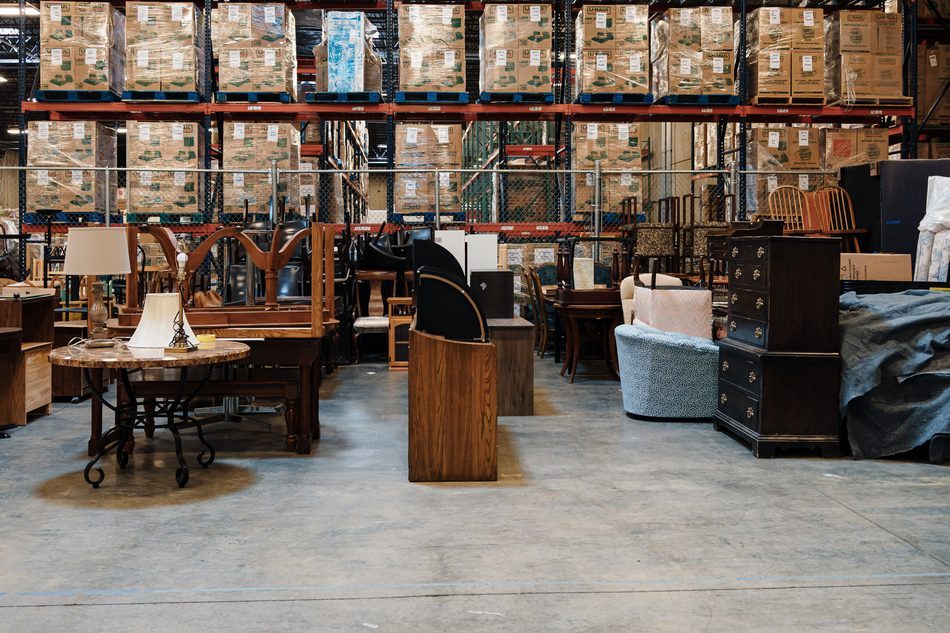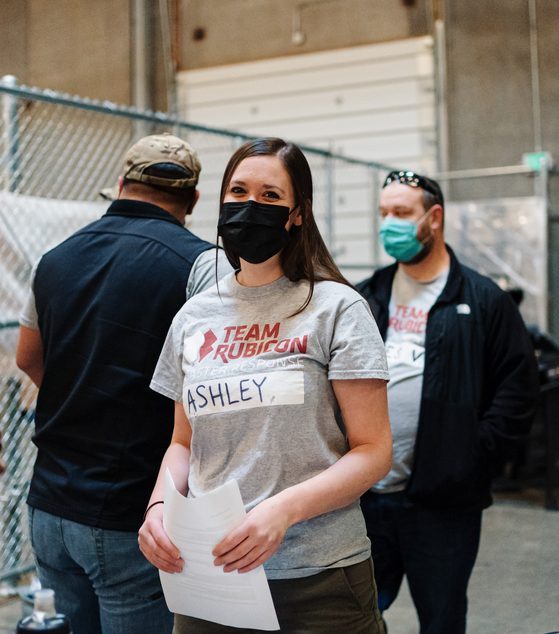For Afghan Refugees, Going Beyond Basic Deliveries
A Navy veteran reveals what it takes to turn houses into homes for Afghans resettling in Denver.
During my five years in the Navy, I never had firsthand experience working with anyone in Afghanistan. The closest I got was hearing from friends in real-time over different classified chat channels. Some friends spoke of working with interpreters and how much more difficult the job would have been without them. Some friends spoke of the different individuals they met overseas, with such amazing life stories to share. Others never spoke of their time in Afghanistan and didn’t speak a lot about anything at all once they came home.
So, supporting the Afghan resettlement in Denver felt like my chance to serve in ways I was unable to while in the Navy. Sure, on paper it was just coordinating with local agencies and making sure our Greyshirts knew their assignments—which could be summed up largely as “delivering furniture”—but it’s more than that. Our Greyshirts deliver and set up the necessities. They assemble beds, then make them up with fresh sheets and warm blankets, all ready to keep our guests safe and warm at night. They stock kitchens with everything these relocating families need to prepare, cook, and serve a healthy, comforting meal. The living rooms contain comfortable couches and beautiful rugs, creating a welcoming room to be filled with stories and laughter. By the time we leave, each room in the house is prepared to welcome its new tenants. Every house is becoming a home.

FEMA leads the way here, having set up the whole project here in Denver, and Lisa Zoeller, resettlement agency liaison on behalf of the State of Colorado, is the woman in charge of directing all chaos in the warehouse. She takes delicate care in order to ensure each family receives everything necessary for a happy home, and I liaise with her to ensure everything goes seamlessly, and that our Greyshirts are able to smoothly deliver all of those items to those homes.
Here in Denver we also had the pleasure of working with 11 Americorps volunteers from all around the country. They are young, yet so ready to take on the world. Prior to coming to Denver they had the opportunity to volunteer at a site where our guests first arrived in the U.S. I believe that seeing both sides of this operation gave them such a unique perspective on how this all comes together and how it can continue to operate effectively. Of course, this operation would not be possible without agencies such as the African Community Center, International Rescue Committee, Lutheran Family Services, Jewish Family Services, and Project Worthmore.
Although my role on this operation required me to stay put in the warehouse, I got to hear wonderful stories from our other Greyshirts: stories about how they were excited to leave books and small toys for the children or how happy the guests were to find their new home a little cozier than they had expected.
Some of our Greyshirts even had the chance to come across someone they had served alongside in Afghanistan. I can only imagine that overwhelming sense of relief that must have occurred on each of their parts: A veteran discovering someone they knew made it out safely; for those Afghan allies, the sight of a friendly face as they walk through the front door.
The abrupt and hastily planned exit from Afghanistan reopened wounds for many and continues to cause pain for some. This operation, I believe, has provided a chance for healing. Despite how the events unfolded during America’s departure from Afghanistan, Greyshirts still have the chance to make a difference, and do what we do best: get shit done. This time, for allies who find themselves in a new land.
